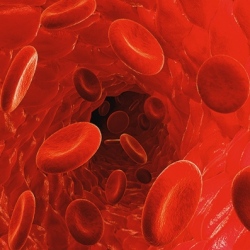
Scientists say they have found a new compound that stops malaria in animal studies with a single, low dose. Tests in mice showed the one-off treatment prevented infection for the full 30 days of the study. The chemical compound fought early infection in the liver, as well as malaria parasites that were circulating in the blood.
The researchers hope their early work, published in the journal, Nature, could lead to new drugs for people. "The advantage of a single dose antimalarial is that it potentially reduces costs and removes the issue of patients not completing the course of treatment.
Malaria is spread to humans by the bites of infected female mosquitoes and it is estimated that about half of the world’s population is at risk of catching the disease.
In 2015, there were 214 million new cases of malaria and 438,000 malaria deaths, according to the World Health Organization.
Dr Nobutaka Kato and colleagues, from Massachusetts Institute of Technology and Harvard, searched a library of more than 100,000 compounds for a new treatment.
They were hunting for something that would work in an entirely new way to existing drugs.
The compound they found targets an enzyme called phenylalanyl-tRNA synthetase and appears to wipe out parasites before they can multiple in the liver and be released in bigger numbers into the bloodstream.
Lead researcher Prof Stuart Schreiber hopes the findings will lead to the discovery of better antimalarials in coming years.
